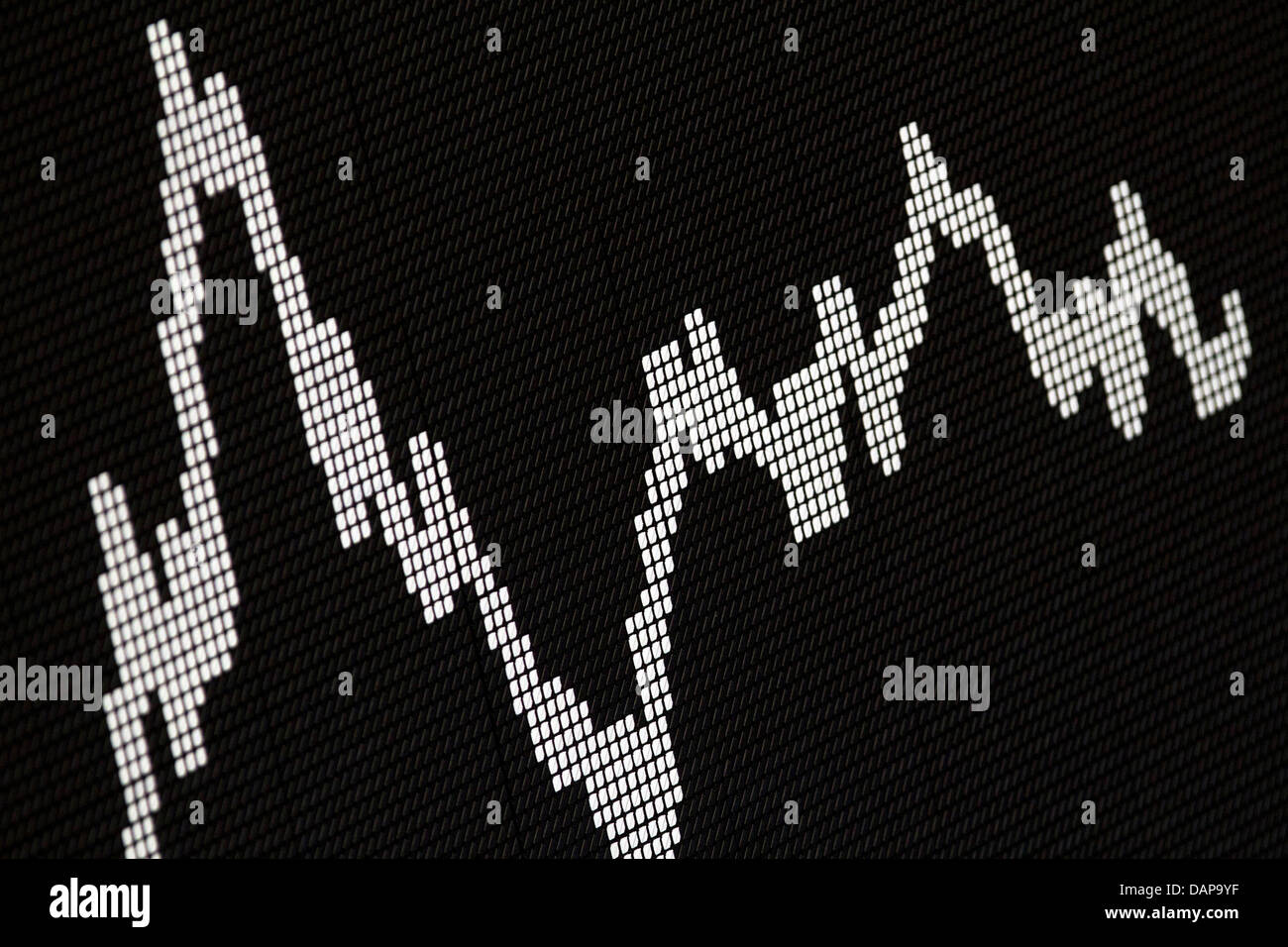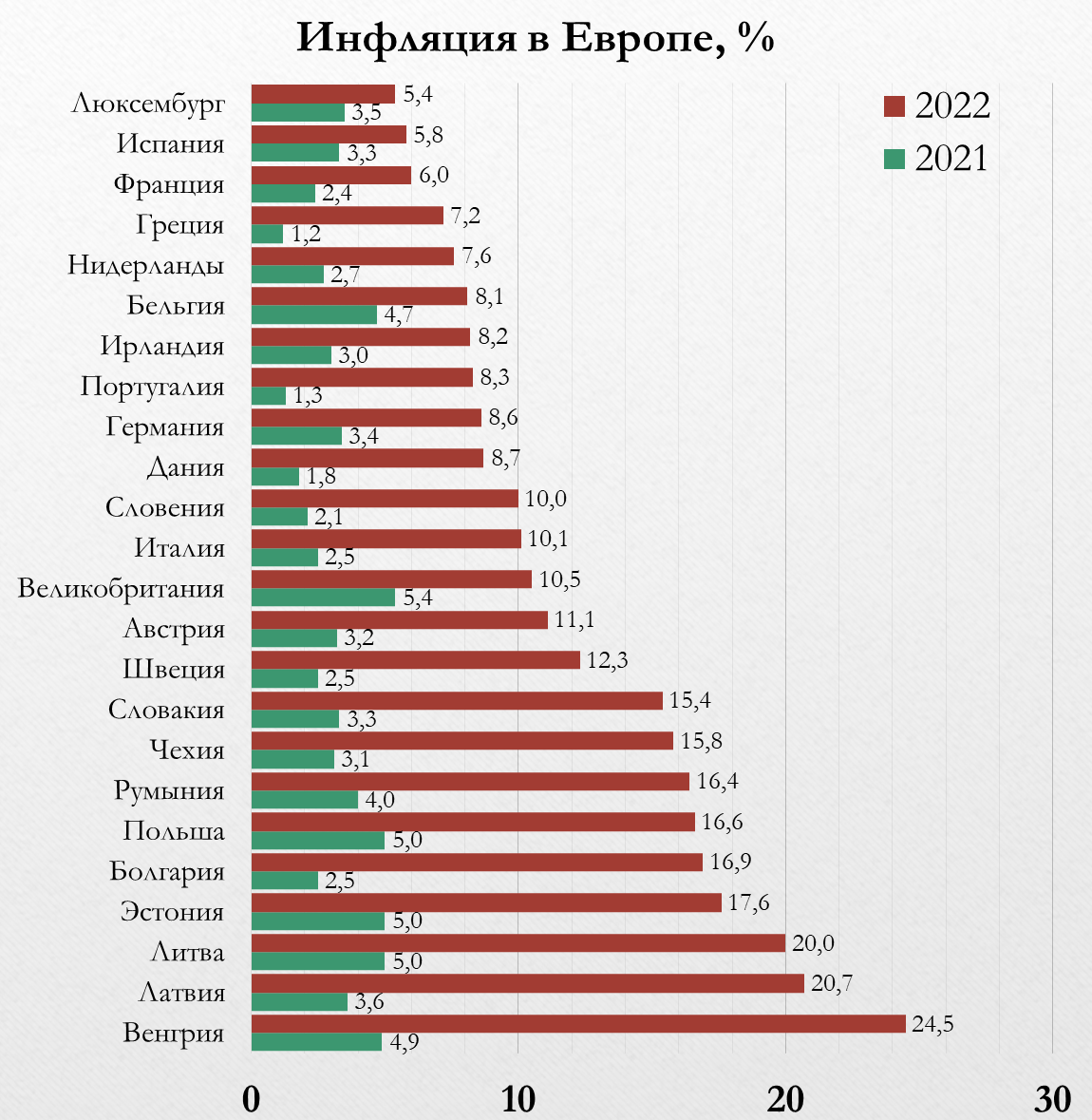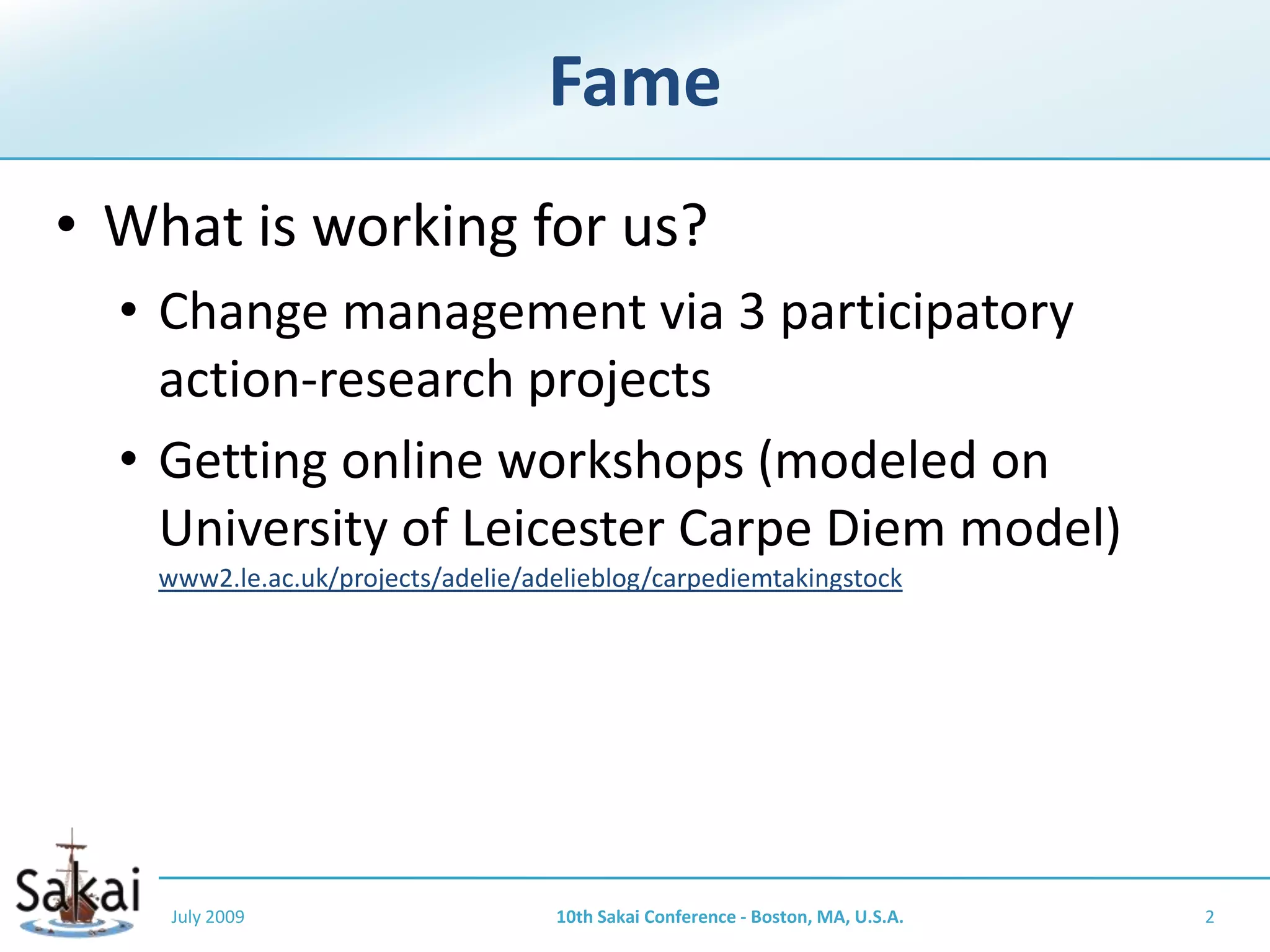The Dreyfus Affair: A Call For Justice 130 Years In The Making

Table of Contents
The False Accusation and Conviction of Alfred Dreyfus
Alfred Dreyfus, a Jewish artillery captain in the French Army, was a rising star until his life was irrevocably altered. In 1894, he was falsely accused of treason based on a mysterious document known as the "bordereau," allegedly revealing French military secrets to the Germans. The "bordereau," however, lacked concrete evidence directly linking Dreyfus to the act of espionage. The ensuing military trial was a travesty, characterized by biased proceedings, secret evidence, and a predetermined outcome fueled by rampant antisemitism within the French Army. The court-martial, conducted largely in secrecy, swiftly convicted Dreyfus based on circumstantial evidence and prejudiced assumptions.
- Dreyfus's Jewish heritage as a key factor in the accusations: His religion became a convenient scapegoat in a climate of rising anti-Semitism.
- The lack of concrete evidence against Dreyfus: The "bordereau" itself was ambiguous and could have been written by someone else.
- The role of the French military establishment in suppressing the truth: The military hierarchy prioritized protecting its reputation over uncovering the truth.
- The public reaction to Dreyfus's conviction, fueling antisemitic sentiments: Many in the French public readily accepted the accusations, reflecting widespread anti-Jewish prejudice. The conviction solidified existing biases and further emboldened antisemitic groups.
The Emergence of the Dreyfusards and the Fight for Justice
The wrongful conviction of Alfred Dreyfus did not go unchallenged. A group of intellectuals, politicians, and journalists, known as the Dreyfusards, emerged to fight for his exoneration. Their motivations stemmed from a commitment to justice, a rejection of antisemitism, and a belief in the importance of due process. Emile Zola, a prominent novelist, played a pivotal role, publishing his incendiary open letter "J'accuse…!" in L'Aurore, directly accusing the French Army of a cover-up and condemning the injustice inflicted upon Dreyfus. This courageous act ignited a national debate and galvanized public support for the Dreyfusards' cause.
- Key figures in the Dreyfusard movement and their contributions: Besides Zola, prominent figures included lawyers like Fernand Labori, and politicians who championed Dreyfus's cause against significant opposition.
- The significance of "J'accuse" as a pivotal moment in the affair: Zola's letter served as a powerful catalyst, shifting public opinion and bringing international attention to the case.
- The division within French society between Dreyfusards and their opponents: The affair deeply polarized French society, highlighting the pervasive nature of antisemitism and the struggles for justice within a deeply entrenched system.
- The challenges faced by the Dreyfusards in their fight for justice: They faced intense opposition from the military establishment, powerful antisemitic groups, and sections of the public. Threats, smear campaigns, and social ostracism were commonplace.
The Reversal of the Conviction and its Aftermath
After years of legal battles, political maneuvering, and intense public debate, the truth ultimately prevailed. New evidence emerged, pointing to the real culprit, Major Ferdinand Walsin Esterhazy. Esterhazy was eventually exposed and Dreyfus received a retrial, which finally led to his exoneration in 1906. While Dreyfus was reinstated in the army, the damage to his reputation and his family was irreparable. The affair exposed deep-seated antisemitism within the French military and government, leading to some reforms in military justice and a heightened awareness of the dangers of unchecked power. However, the lingering effects of antisemitism in France and beyond remained a significant challenge.
- The details of the retrial and the evidence presented: The retrial highlighted the flawed nature of the original proceedings and the fabricated evidence used to convict Dreyfus.
- The public reaction to Dreyfus's exoneration: While some celebrated the victory of justice, others remained resistant, indicating that the deep societal divisions caused by the affair had not entirely healed.
- The reforms implemented in the French military and judicial systems: Though limited, some changes were made to enhance transparency and fairness in military justice.
- The lasting impact of the Dreyfus Affair on French identity and national memory: The affair became a symbol of both injustice and the struggle for truth and remains a significant part of French historical consciousness.
The Dreyfus Affair and Modern Relevance
The Dreyfus Affair remains strikingly relevant today. It serves as a cautionary tale against the dangers of unchecked power, prejudice, and the manipulation of information. The case underscores the importance of due process, fair trials, and the constant vigilance required to combat antisemitism and other forms of bigotry. The affair demonstrates how easily misinformation and appeals to prejudice can sway public opinion and result in grave injustices.
- Drawing parallels between the Dreyfus Affair and contemporary instances of injustice: The tactics of misinformation and scapegoating continue to be employed in various contexts worldwide.
- Highlighting the enduring threat of antisemitism and other forms of prejudice: Antisemitism continues to be a significant problem globally, highlighting the need for continuous education and activism against all forms of prejudice.
- The importance of critical thinking and media literacy in preventing similar occurrences: The ability to critically evaluate information and identify misinformation is essential to prevent similar injustices.
Conclusion:
The Dreyfus Affair, a century and three decades past, stands as a potent symbol of the fight for justice against overwhelming odds. The injustice suffered by Alfred Dreyfus, fueled by antisemitism and military arrogance, serves as a chilling reminder of the ever-present danger of unchecked power and prejudice. While the eventual exoneration brought a measure of justice, the affair’s legacy compels us to remain vigilant against similar abuses. Let the lessons of the Dreyfus Affair guide us in our ongoing commitment to upholding human rights, challenging injustice, and ensuring that such a blatant miscarriage of justice is never repeated. Further research into the Dreyfus Affair and its lasting impact is crucial to understanding the complexities of history and preventing future injustices – continue to learn about the Dreyfus Affair and champion the fight for justice.

Featured Posts
-
 Bbc Radio 1 Big Weekend 2024 Lineup Jorja Smith Biffy Clyro Blossoms And More
May 25, 2025
Bbc Radio 1 Big Weekend 2024 Lineup Jorja Smith Biffy Clyro Blossoms And More
May 25, 2025 -
 Record High In Sight Frankfurt Equities And The Dax
May 25, 2025
Record High In Sight Frankfurt Equities And The Dax
May 25, 2025 -
 Bbc Radio 1s Big Weekend Full Lineup Featuring Jorja Smith Biffy Clyro And Blossoms
May 25, 2025
Bbc Radio 1s Big Weekend Full Lineup Featuring Jorja Smith Biffy Clyro And Blossoms
May 25, 2025 -
 Evrovidenie Sudby Pobediteley Za Poslednee Desyatiletie
May 25, 2025
Evrovidenie Sudby Pobediteley Za Poslednee Desyatiletie
May 25, 2025 -
 Dissidents Chinois En France Face A La Repression De Pekin
May 25, 2025
Dissidents Chinois En France Face A La Repression De Pekin
May 25, 2025
Latest Posts
-
 Farrows Plea Hold Trump Accountable For Venezuelan Gang Member Deportations
May 25, 2025
Farrows Plea Hold Trump Accountable For Venezuelan Gang Member Deportations
May 25, 2025 -
 Actress Mia Farrow Seeks Trumps Imprisonment Following Venezuelan Deportation Controversy
May 25, 2025
Actress Mia Farrow Seeks Trumps Imprisonment Following Venezuelan Deportation Controversy
May 25, 2025 -
 Overnight Disasters 17 Celebrities Whose Careers Imploded
May 25, 2025
Overnight Disasters 17 Celebrities Whose Careers Imploded
May 25, 2025 -
 From Fame To Shame 17 Celebrity Downfalls
May 25, 2025
From Fame To Shame 17 Celebrity Downfalls
May 25, 2025 -
 17 Famous Faces How One Mistake Ruined Their Reputations
May 25, 2025
17 Famous Faces How One Mistake Ruined Their Reputations
May 25, 2025
